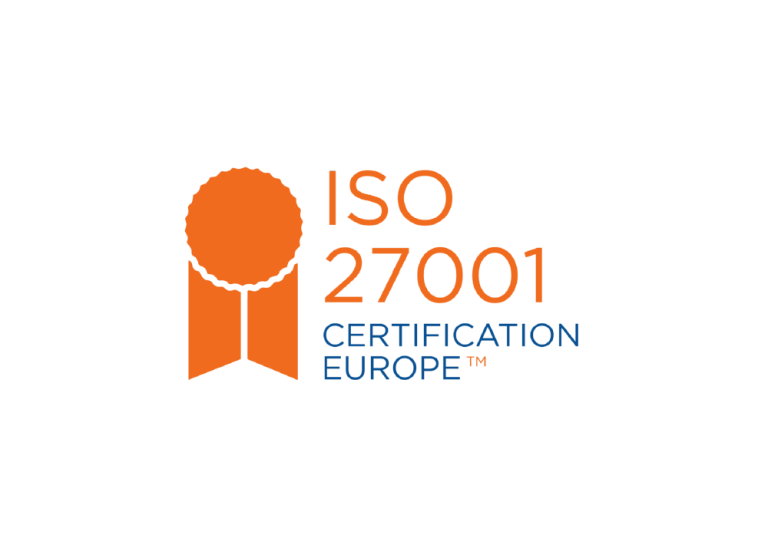TISAX® Alignment Service

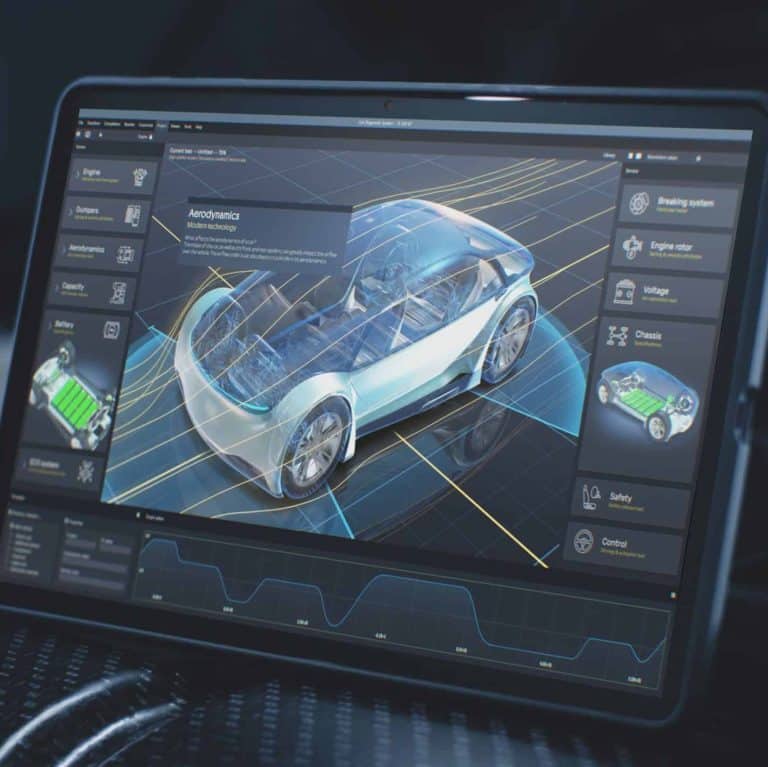
The challenge
What is TISAX?
The automotive industry produces a great deal of data across the design, testing and production lifecycles. This includes security data generated during all phases of the lifecycle. To help streamline security evaluations of manufacturers, service providers and suppliers to the Automotive sector, the Association of the Automotive Industry in Germany (VDA) set up TISAX.
The automotive industry’s security standard
These security requirement classifications, on international information security management system (ISMS) standards like ISO/IEC 27001 are now used by European automotive companies. Since 2017 it has become mandatory for automotive suppliers to comply. TISAX establishes a common assessment and exchange mechanism for evaluating supplier’s security capabilities.
Who requires TISAX?
Organisations that process sensitive information on behalf of Automotive customers, such as while providing parts, components or services, they must implement and maintain an Information Security Management System (ISMS). After which your organisation will need to pass the corresponding level of TISAX audit to continue to contract with the (German) automotive market.

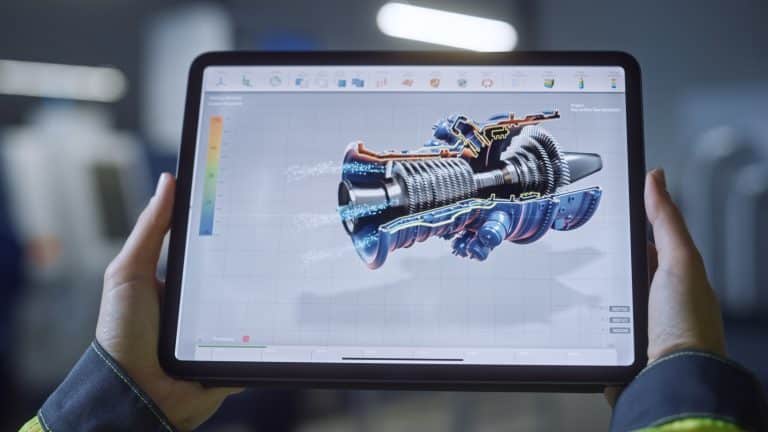
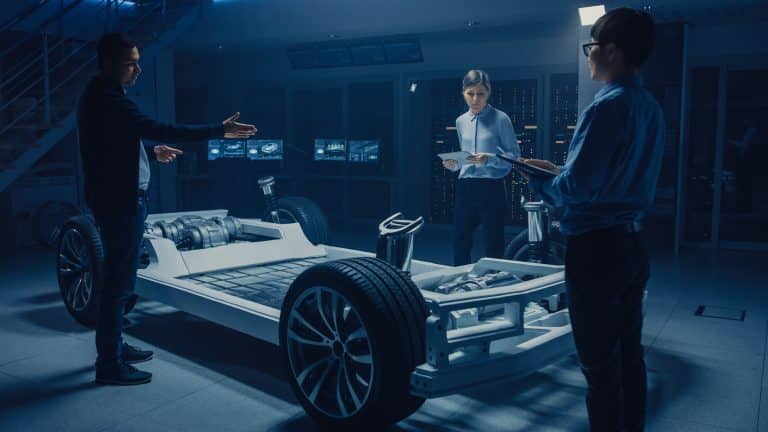
The service
BH Consulting have specialist expertise and experience in providing TISAX alignment services.
BH Consulting have specialist expertise and experience in providing TISAX alignment services. We work with organisations to build out an Information Security Management System (ISMS) and help put in place the security controls to meet TISAX requirements.
TISAX closely aligns with ISO/IEC 27001 but has some additional automotive industry specific controls, particularly focused on the supply chain and specific to the Automotive industry.
TISAX controls are outlined in VDA ISA (Information security assessment) catalogue and focus on the following 3 modules:
Information Security
- This is a basic module for every assessment carried out and is based on the ISO 27001 Information Security Standard.
Data protection
- This module is relevant where the supplier processes the personal data of customers (Art. 28 of GDPR).
Prototype protection
- This module is relevant to vehicles, components and parts which are classified as requiring protection. The emphasis of the requirements is on implementation of physical measures.
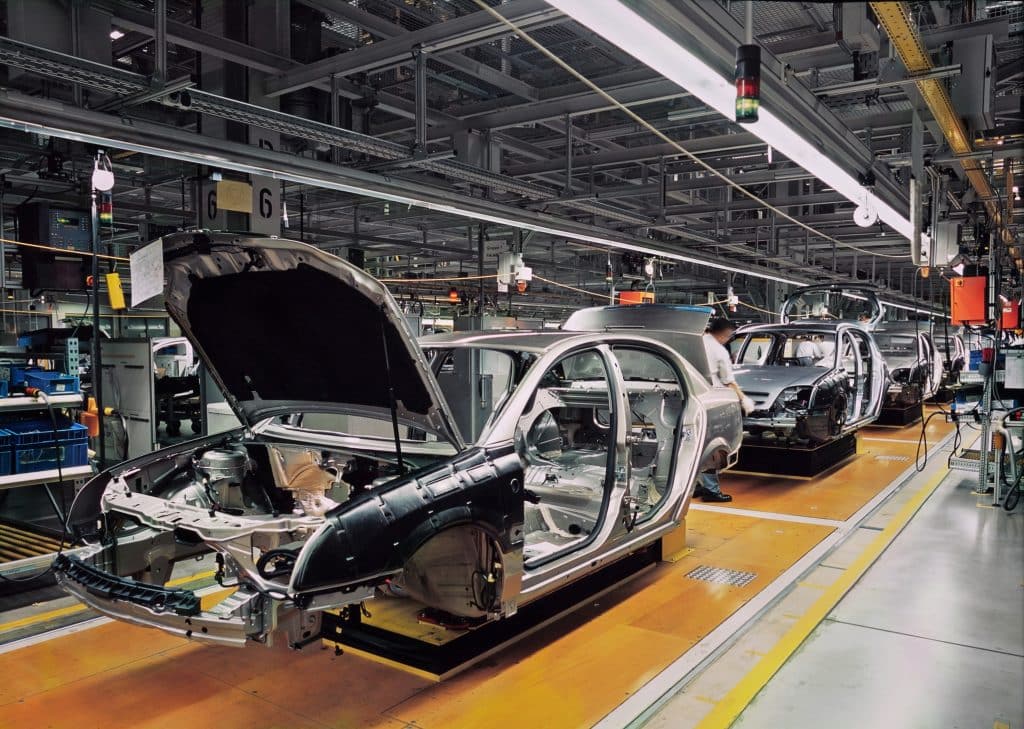
Benefits
TISAX compliance provides competitive advantage in the Automotive sector and helps with the renewal of existing supplier contracts
Helps to improve business processes and keep confidential data secure
Addresses automotive-specific requirements and establishes a common level of information security in the industry
Testimonials
“We engaged the services of BH Consulting in September to act as our DPO. They have expertly guided us through our GDPR journey, helping us to finalise our requirements to meet the GDPR standards. They have done this in a professional manner all the while aware of our limited time resources. Our DPO Annemarie, understands the way in which we work and has completely adapted her approach to suit our needs. I couldn’t recommend Annemarie and the team at BH consulting highly enough.”

“We found BH Consulting to be a huge help in achieving our ISO 27001 certification as they put so much structure on the process and helped us along every step of the way. Their knowledge and guidance the whole way along the journey was reassuring and really made the process seamless and easy to follow and understand. They were there to keep us accountable and ensure we were progressing at our bi-weekly meetings. We would definitely recommend BH Consulting to any organisation thinking of going for ISO 27001 certification and so quickly and cost effectively was a massive relief. The expertise BH Consulting provided to ensure we have a robust GDPR compliance framework in place was great. We would have no hesitation recommending BH Consulting to others in a similar position.”

“Make-A-Wish Ireland has been working with BH Consulting for three years and have found them to be incredibly supportive. GDPR can be extremely challenging and yet, for an organisation like ours, it is critical to be on top of everything at all times as we deal with such highly sensitive data. The support we have been given is practical, logical, and most importantly calming. They have demystified the complexities and have done repeated training with our team in order for everyone to be comfortable with all aspects. We would highly recommend any company to work with BH Consulting. A special thanks must go to Tracy Elliott who has worked with us since the start.”
“BH Consulting have been our CISO since February 2019 and we have found their expertise to be extremely beneficial. They are very accessible when we need them and are very pragmatic in the advice they give. We really like the fact that they are independent and not tied to any vendors or solutions. We have confidence that BH Consulting are there with the right expertise and advice when we need them.”

“BH Consulting provide a reliable and valuable service to our organisation. Their expertise and continued guidance has been a great support to us since the introduction of GDPR.”

Why get in touch with BH Consulting
BH Consulting is a trusted, independent cybersecurity and data protection consultancy with over 20 years of experience. Whether you need expert guidance on compliance, risk management, or security strategy, our team delivers practical, vendor-neutral advice tailored to your needs.
- Trusted by global brands and public sector bodies
- ISO 27001-certified team with deep domain expertise
- Proven track record in delivering real-world solutions
- Flexible services: CISO/DPO as-a-Service, audits, training & more
Let’s start a conversation about securing your business.
